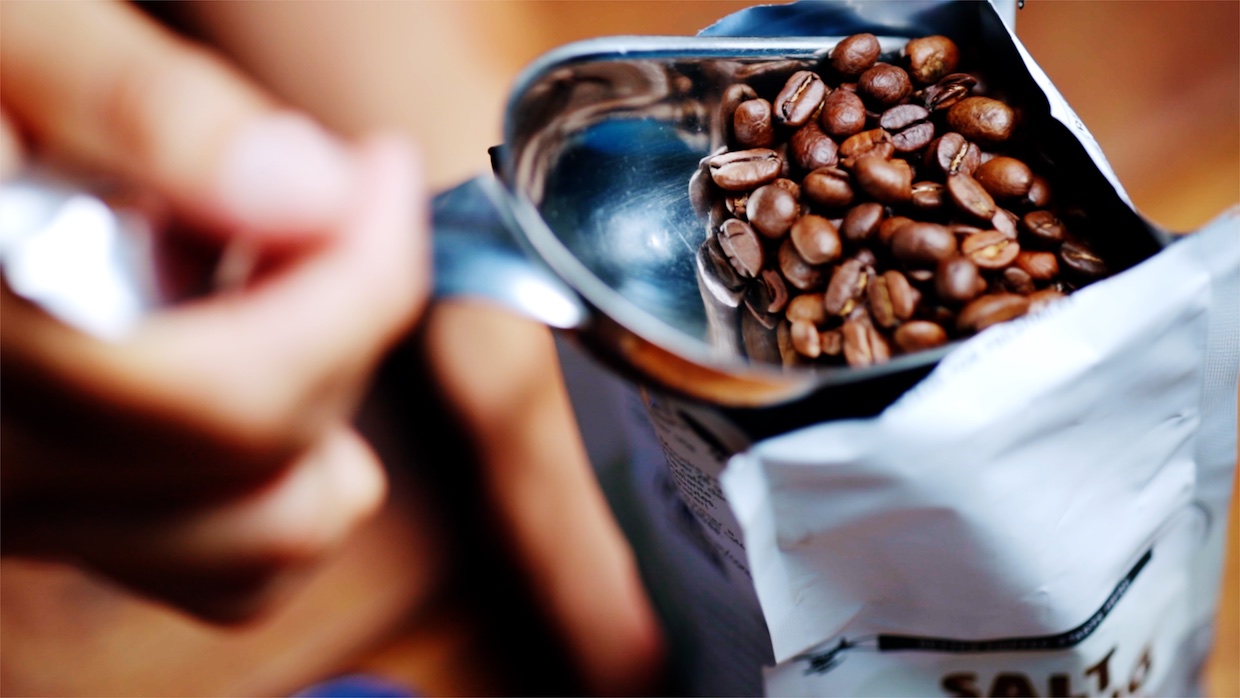As it celebrates a quarter century in business, the progressive Canadian roasting company Salt Spring Coffee is focused on its roots, which are deeply embedded in environmental sustainability.
The British Columbia-based company is also focused on the vertically oriented roots of the Maracaturra-variety coffee plants grown by longtime Salt Spring supplier Byron Corrales of Finca Los Pinos in Matagalpa, Nicaragua.
Beans from those plants now form the basis of Salt Spring’s 25th anniversary “Coffee With Purpose” sampler connection, designed to celebrate Finca Los Pinos’ regenerative agriculture practices through the same coffee processed three ways after harvesting (washed, honey and natural).
Related Reading
- The Time to Regenerate Coffee is Now, and it Starts with Healthy Soil
- Harken Coffee Calls in Vancouver BC’s Japantown Neighborhood
- Three Questions with Linda Mugaruka, the ‘Queen of Beans’ in the DRC
While the product release is limited, Salt Spring is gearing up for another 25 years from its Salt Spring Island kitchen and cafe, as well as its production headquarters in the Vancouver area.
We took the occasion of Salt Spring’s 25th anniversary to talk to Salt Spring Coffee Co-Founder Mickey McLeod, whose formative years immersed in 1960s counterculture inspired the progressive bent of the coffee business he founded with Robbyn Scott in 1996.
“I knew that I eventually wanted to create a business that embraced these values and made a positive impact on the world,” McLeod told DCN. “I just didn’t know what that business would be.”

Salt Spring Coffee Founders Robbyn Scott and Mickey McLeod at the Salt Spring cafe in Ganges, B.C. Image courtesy of Salt Spring Coffee.
McLeod started roasting after finding the Kenneth Davids classic book Home Coffee Roasting and eventually connecting with fluid-bed roaster inventor and engineer Michael Sivetz for some basic equipment and green beans.
“From there, I started looking into the green coffee supply chain and realized that coffee roasting would be the type of business that would allow me to create a process that was sustainable from start to finish and have a positive impact on people and the environment,” McLeod said. “At the time, organic coffee was almost unheard of in B.C., so by sourcing coffee directly from organic producers, ensuring that they were properly compensated — before Fairtrade even existed in Canada — and giving local coffee drinkers an expertly roasted product, we could do something that benefitted everyone.”
Three Questions with Mickey McLeod
[Note: Answers may have been shortened for clarity.]
What about coffee inspires you most?
I am really inspired by how coffee connects us to people and the environment. The growing conditions at origin, the weather, the soil — they all play such a huge role in shaping the flavor that ends up in our cup. It’s a reminder that we need to take great care of people and the environment in order to be able to continue to enjoy the wonderful things, like coffee, that nature gives us.
What about coffee troubles you most?
Our world is facing a monumental challenge in the form of climate change. For the coffee industry, this means that rising temperatures and extreme weather events are going to increasingly be affecting the areas where we can grow coffee and the livelihoods of producers at origin. As an industry and as a species, we need to do everything we can to reduce our impact on the environment and build climate resiliency.
While it’s not always obvious how a medium-sized coffee roasting company like ours can make a difference, there are areas where we can have an impact — improving soil health being a big one. That is why we are actively working with our producers to support them in adopting regenerative organic agricultural practices. We are still early on in this process, but this is something that we want to develop going forward.
What would you be doing if it weren’t for coffee?
Before founding Salt Spring Coffee, I spent my time in forestry — from tree planting to selective logging to running a small sawmill — and operated an organic market garden. If I weren’t running Salt Spring Coffee, I would most likely be doing something related to food and agriculture. Like coffee, food has a way of connecting consumers to producers and to the land. These industries — coffee, agriculture and forestry — remind us that the land needs to be taken care of. These are the types of businesses that interest me.
DCN’s ongoing “Three Questions” series involves Q&As with people pushing the progressive boundaries of the coffee industry through leadership, innovation, advocacy or general excellence. Nominate someone who inspires you here.
Nick Brown
Nick Brown is the editor of Daily Coffee News by Roast Magazine.







Comment